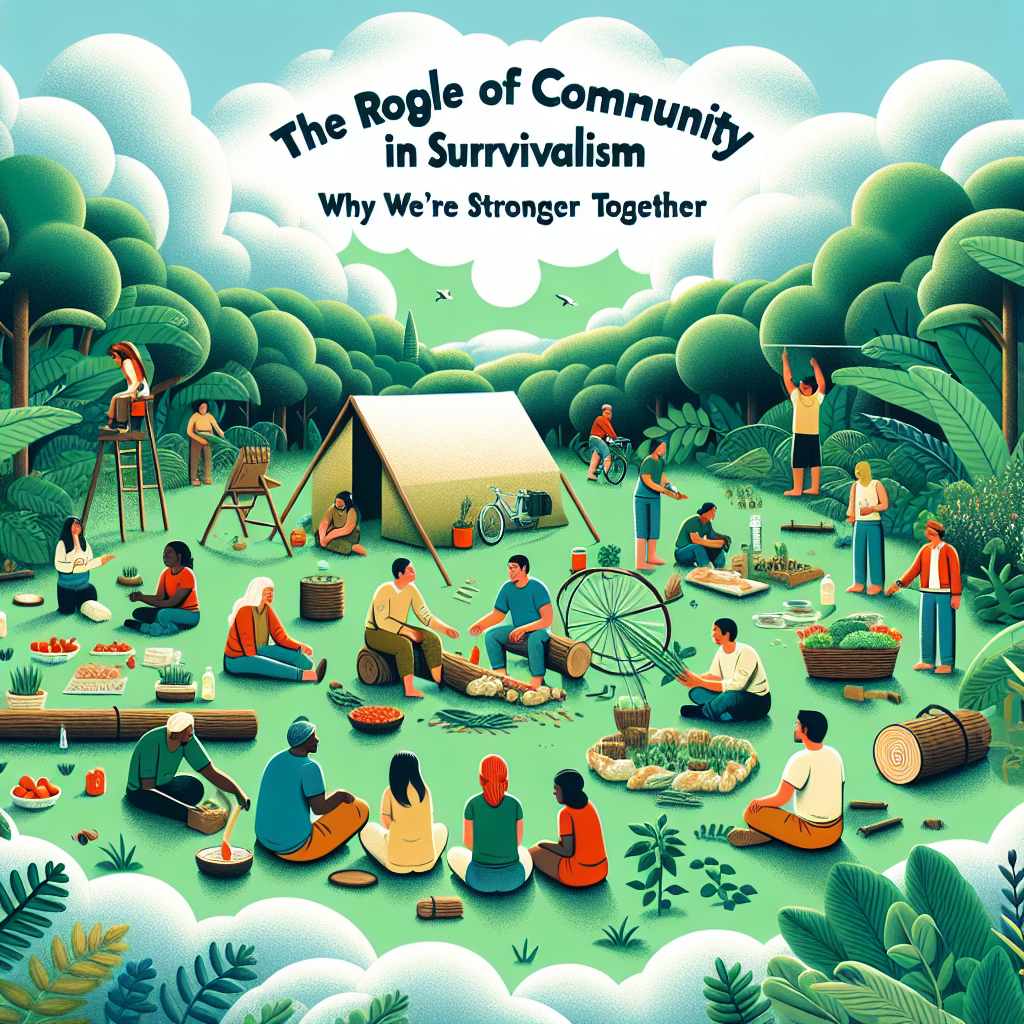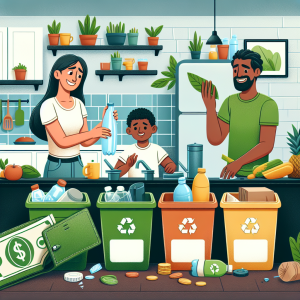Survivalism, often associated with self-reliance and preparation for emergencies, can sometimes conjure images of solitary individuals hoarding supplies in secret locations. However, one of the most crucial aspects of survivalism is the community aspect. In challenging times, we are undeniably stronger together.
The Strength of Community Bonds
Communities serve as a network of support, offering resources and skills that individuals may lack. Here are several ways in which community enhances survivalism:
-
- Shared Skills and Knowledge: Each member of a community possesses unique skills. One might excel in gardening, while another may have expertise in first aid or construction. Sharing these skills can significantly increase the group’s overall preparedness.
-
- Resource Pooling: Communities can pool resources, making it easier to acquire necessary supplies and equipment. Bulk buying or shared ownership of tools can lead to substantial cost savings.
-
- Emotional Support: Facing the unknown can be daunting, and the psychological strain can be heavy. A strong community provides emotional support, camaraderie, and helps reduce feelings of isolation.
Building a Resilient Community
Creating a resilient community takes time and effort, but the rewards are immense. Here are steps you can take to build a survival-oriented community:
-
- Engage with Neighbors: Start by getting to know your neighbors. Attend local events or organize community gatherings to foster relationships.
-
- Share Knowledge: Organize workshops or skill-sharing sessions where community members can teach one another various survival skills.
-
- Form a Network: Consider creating a local group focused on survivalism, where members can share resources and coordinate efforts.
-
- Plan Together: Develop a community emergency plan that outlines how to respond to different types of crises. Role-playing scenarios can prepare everyone for real-life situations.
Conclusion
In survivalism, the belief that one can rely solely on themselves is tempting, but the truth is that communities are vital for resilience and survival. These networks create strength through shared skills, pooled resources, and emotional support. By building and nurturing our communities, we can equip ourselves not just to survive, but to thrive, no matter what challenges lie ahead.



